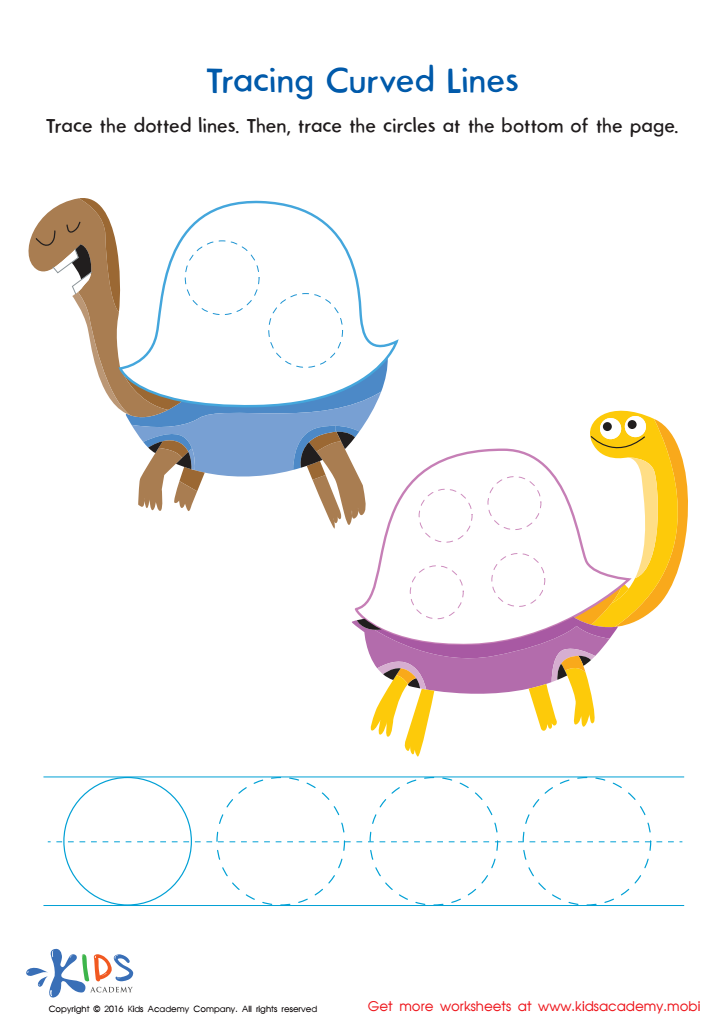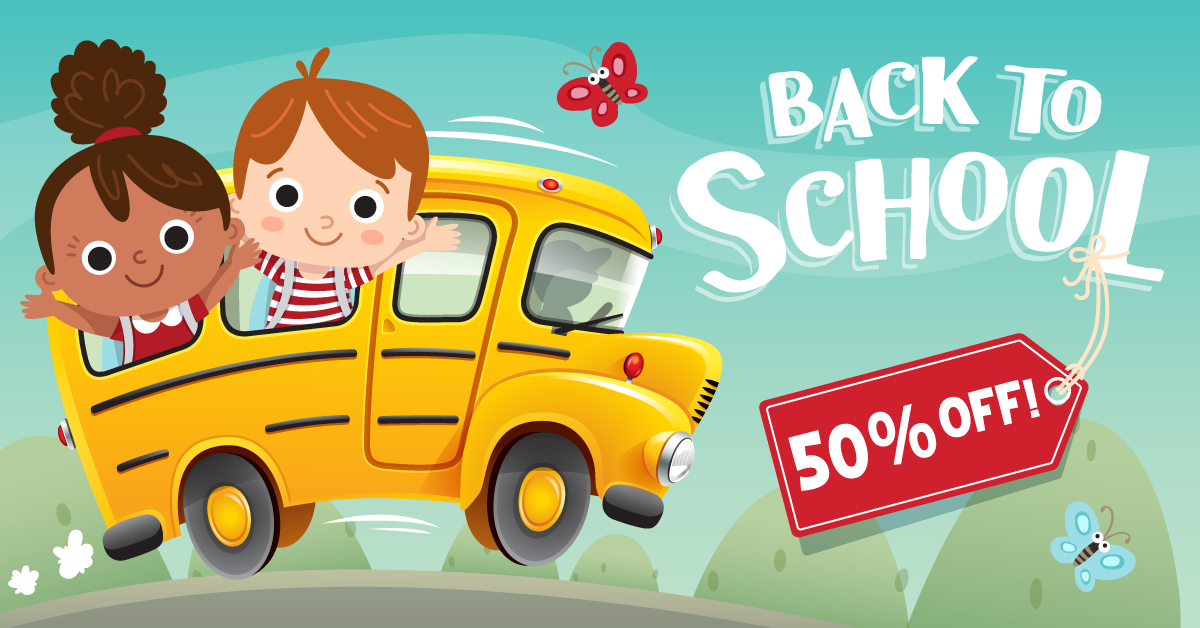Normal Misc worksheets activities for Ages 3-6
7 filtered results
-
From - To
Explore a diverse collection of Normal Misc worksheets tailored for children ages 3 to 6! Our engaging activities foster creativity and enhance essential skills in a fun and interactive way. From colorful practice sheets to captivating games, these worksheets cover various subjects such as letters, numbers, and shapes, stimulating young minds and encouraging playful learning. Perfect for parents and educators, our resources are designed to support early childhood development and inspire curiosity. Whether at home or in the classroom, the Normal Misc worksheets are an excellent tool to help young learners thrive while having fun. Start your adventure in learning today!
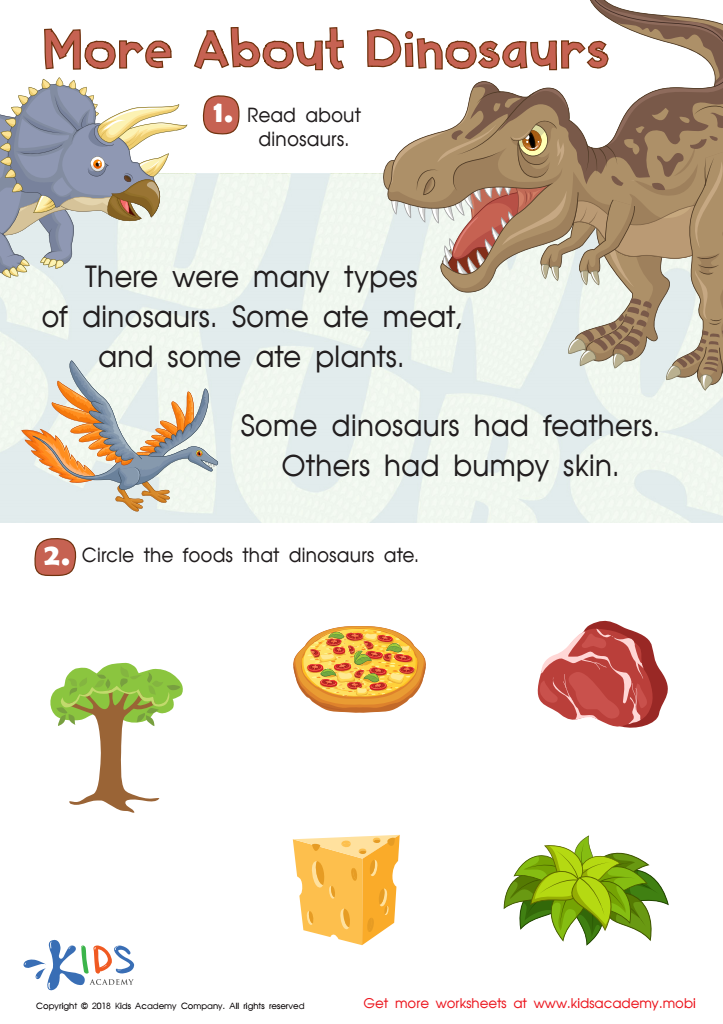

More About Dinosaurs Worksheet


Sorting Animals in 3 Groups Worksheet
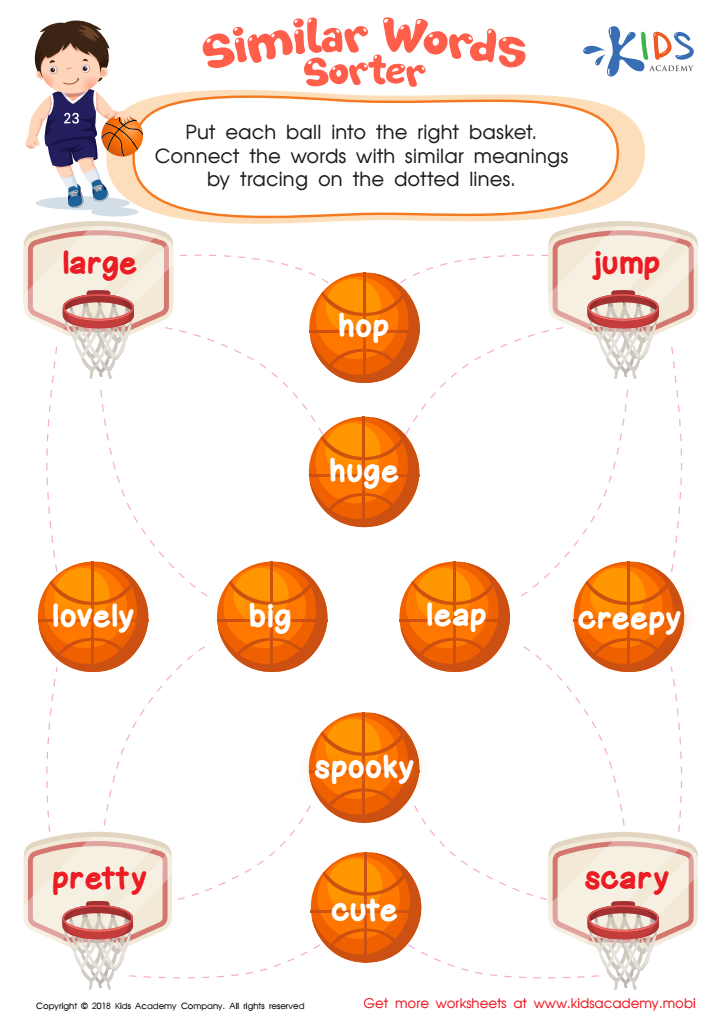

Similar Words Worksheet
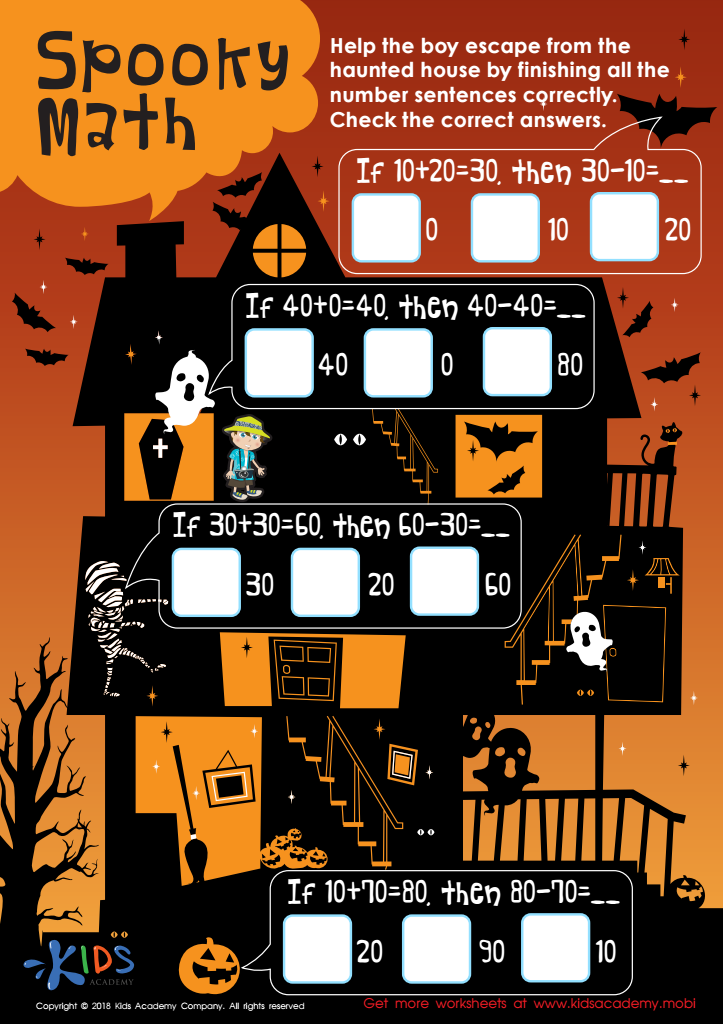

Subtract Tens: Spooky Math Worksheet
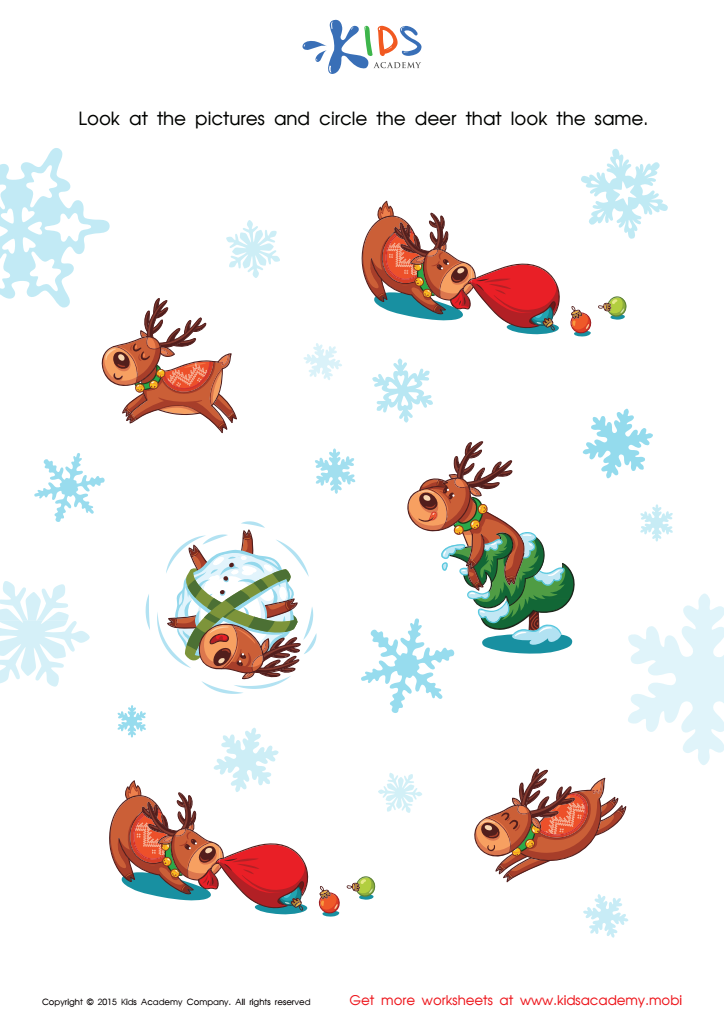

Count the Deer Worksheet
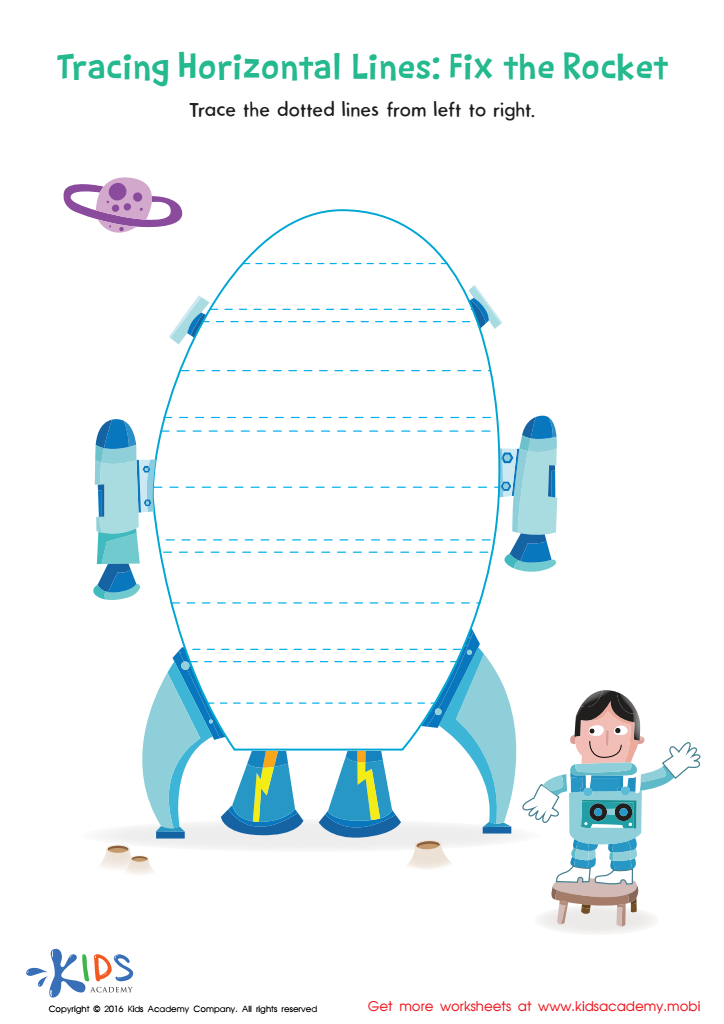

Tracing Horizontal Lines Worksheet
Normal miscellaneous activities for children aged 3-6 play a vital role in their early development and should be a concern for both parents and teachers. During these formative years, children experience significant growth in various domains, including cognitive, emotional, social, and physical skills. Engaging in diverse activities—ranging from imaginative play to arts and crafts—offers children opportunities to explore their creativity, develop problem-solving skills, and enhance their fine motor abilities.
These activities also promote essential social skills as children learn to share, collaborate, and communicate with peers. Such interpersonal interactions are crucial for fostering emotional intelligence, which lays the groundwork for healthy relationships in the future. Additionally, through these experiences, children start to understand routines, follow instructions, and experience positive reinforcement, boosting their confidence.
Moreover, introducing a variety of activities allows children to discover their interests and preferences early on, cultivating a love for learning that can carry into their formal education. For parents and teachers, recognizing the value of these normal miscellaneous activities contributes to a holistic approach to teaching, shaping well-rounded, engaged, and capable individuals prepared for the challenges of later schooling.

 Assign to My Students
Assign to My Students
